Teaching kids to be responsible is an important life skill. By introducing the idea that taking responsibility is rewarding, you can reinforce positive behavior and develop a desire to be responsible. Keep in mind that responsibility for kids is an important thing to tailor to the age of the child. Responsibilities should be slowly granted so that they does not overwhelm but rather encourages kids to want more. The primary task for us as parents is to raise responsible and competent adult human beings. Losing sight of this job is a disservice to us and our children. In failing to teach kids responsibility, we communicate to our child that we don’t think he or she is smart enough or capable enough to do an age-appropriate task. This robs them of the opportunity to do real work and internalize that they are capable, important and valued. Teaching responsibility to kids leads to happier, more capable adults.
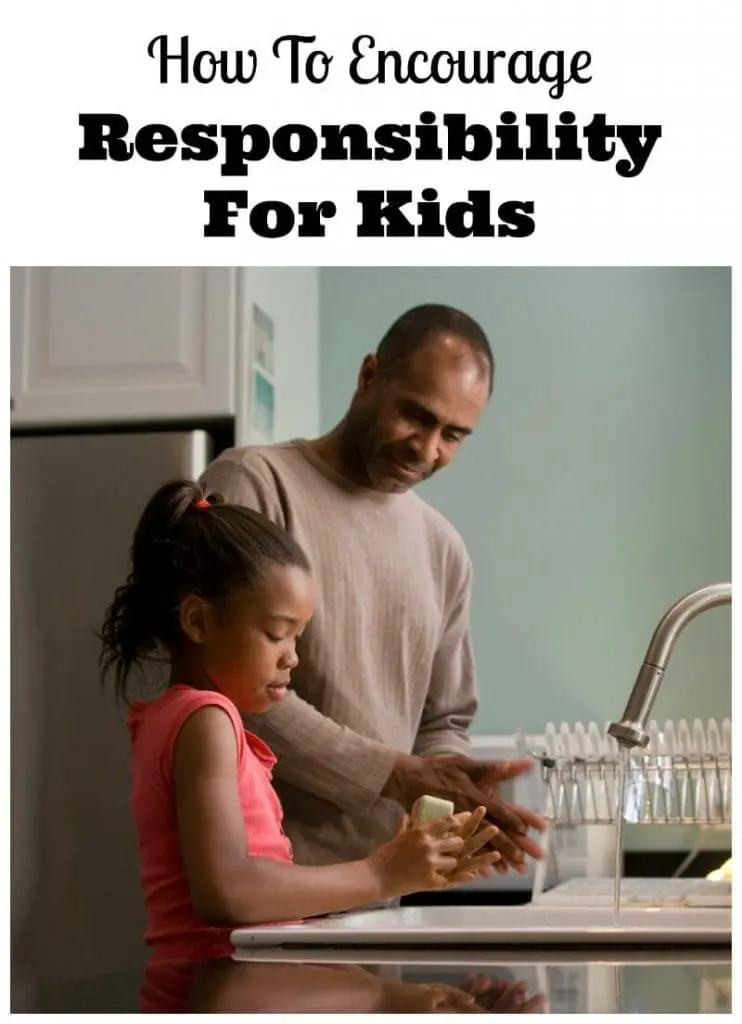
Responsibility For Kids
Encouraging responsibility for kids starts with discussing the concept of responsibility. What does it mean to them? What do they think are some example of responsibility for themselves and for you? It also involves coming up responsibilities that are age appropriate for your children and letting them take ownership of a few tasks. They should understand that having responsibility is a privilege, not a chore.
When talking to your kids about responsibility, you should be empowering them to take ownership. It is the idea that having a sense of responsibility for something means we are in charge of that. We have to live up our responsibility by doing what we should do- by doing what is right and needs to be done. Being responsible means that people know they can count on you.
All of us have our own home-grown paparazzi, also known as our kids. They watch every move we make…and then, in Academy Award-winning performances, they imitate us. This includes how we handle our own responsibilities. They see us cook dinner, do the laundry, go to work. Granted, sometimes they think these are our hobbies and may need to be reminded that folding their underwear is not, in fact, your favorite pastime!
It is our job to help our children grow into adult-level responsibility, and we have about 18 years to do this. Just like responsibility is a given in our lives, it should be a given in theirs. Being responsible is what we do, who we are – just a fact of life.
Definition of responsibility for kids
For kids, responsibility means understanding that their actions have effects on themselves and others and learning to take ownership of their choices. This could look like:
- Completing tasks: Like chores, homework, or caring for a pet, without constant reminders.
- Keeping promises: Following through on what they say they’ll do.
- Being accountable: Admitting mistakes and trying to make things right.
- Being dependable: Others can rely on them to do their part, whether it’s helping a sibling or showing up to soccer practice.
Teaching responsibility helps kids learn self-discipline, empathy, and how to be reliable members of their family and community.
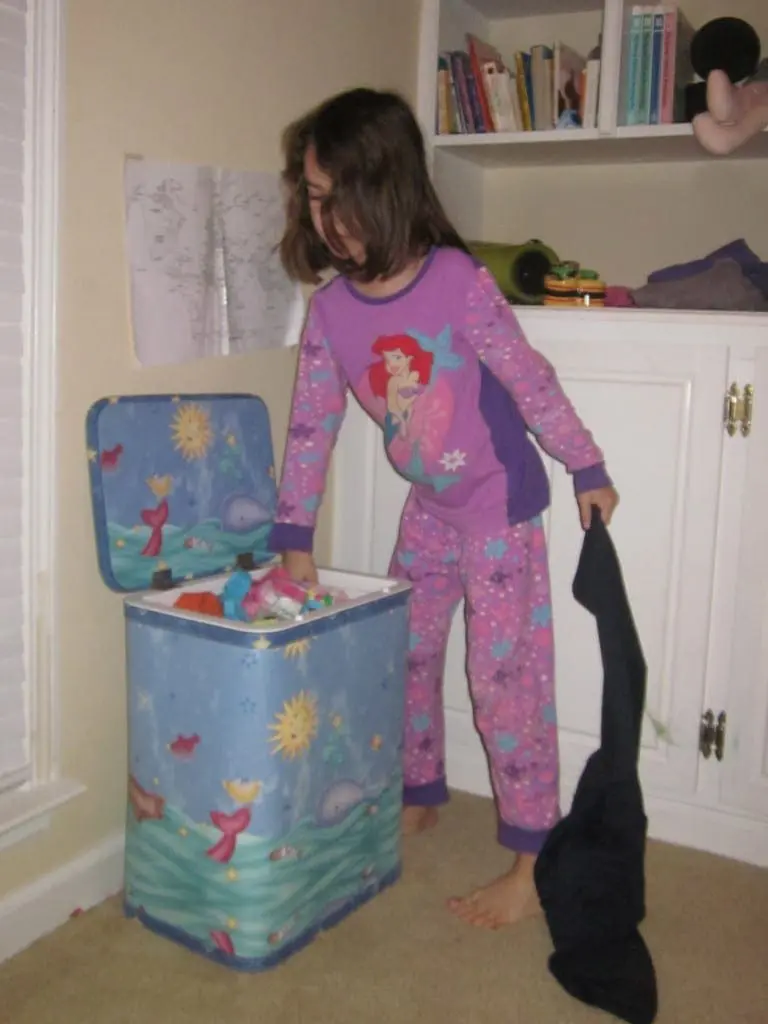
Are You Using Methods Guaranteed to Fail?
A lot of us go wrong when we think that we are “teaching” responsibility. We might nag at our daughters to pick up their dirty laundry. We might yell at our sons when they forget to pass on a phone message. It’s easy to let frustration get the better of us in these situations, especially if it is the millionth time you’ve picked up dirty socks from the living room floor! We need to keep in mind that nagging and yelling do not teach anything except bad interpersonal behaviors – and the children will reflect these bad behaviors right back to us, probably in the form of whining and temper tantrums.
Teaching Responsibility In An Age Appropriate Way
Why is it important for kids to do chores? They become responsible. The key to making responsibility part of our child’s being is starting early. Even a toddler can have responsibilities she can do, with supervision. Here are some basic examples of things young children can do to become more responsible, and contribute to a healthy family environment.
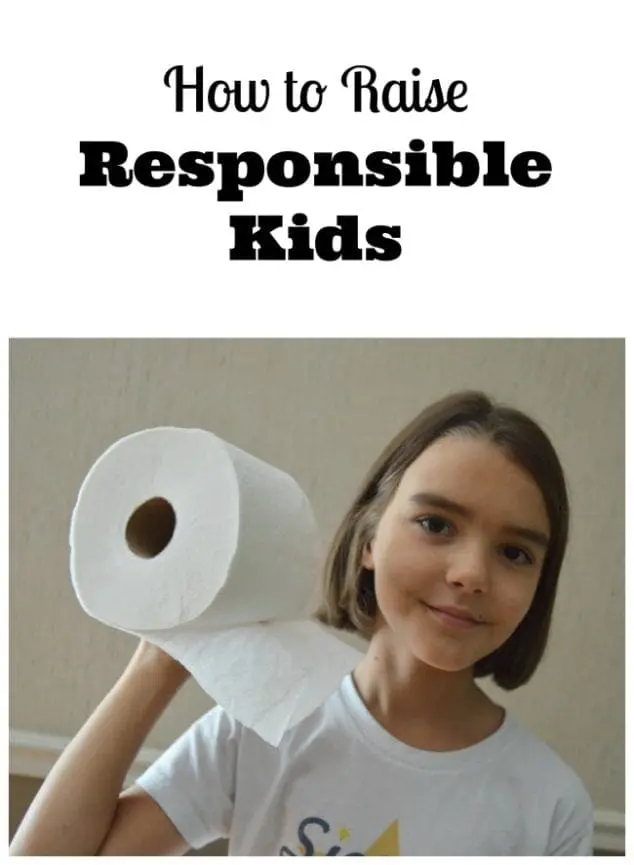
Toddler Responsibility
A toddler can:
- Help with basic laundry task. What child doesn’t want to help you match up socks?!
- Put her empty cup on the dinner table; she can even help to set the table, or at least where she sits.
- Place all the toys and blocks in the bin after playing with them.
- Push chairs back under the table after finishing a meal, or coloring a picture.
Responsibilities for 3- to 5-Year-Olds
Preschoolers can:
- Help you dust the furniture, at least the lower pieces of furniture that don’t have much clutter.
- Help you fold and put away her clean laundry; this can help to learn colors; you may even make up some new names!
- Pull weeds in the garden, and plant new flowers.
- Pet and brush the dog; that’s a win-win situation for both!
Responsibility for 6- to 10-Year Olds
Older children can be responsible for:
- Putting her clothes in the hamper, and later hanging up or putting clean clothes away.
- Keeping his room neat, including vacuuming.
- Helping you rake leaves (and sometimes you just have to let them jump back in that raked-up pile!)
- Making herself breakfast, but nothing fancy.
- Feeding and giving fresh water to your pets.
As children grow and mature, the level of responsibility we give them can increase. But even as they get older, we need to keep in mind that they are still practicing and won’t always get it right. When the inevitable slip happens, I take a deep breath and remember most of the time everybody does the best they can. Then I point him towards the vacuum and remind him for the 100th time not to track mud across the carpet. I know that repetition is the key to developing the good habits that will serve my kids well the rest of their lives.
Try Small Rewards
A lot of parents feel that rewarding responsible behavior reinforces the wrong ideas, but the reward is what most of us are after. When we work, we are going after the paycheck. When we cook, we want a good tasting and healthful meal. Our children are no different. So when they do something awesome, acknowledge it and reward it, even if it’s just with frugal rewards such as a compliment on a job well done, a hug, or a used book. The idea of rewarding your child when they make responsible decisions, is to teach kids that responsibility is desirable. Even high school kids like to hear when they have done a good job or made good choices.
4 Activities That Promote Responsibility For Kids
Caring for a Pet
Caring for the family pet can be a great way to teach responsibility at a young age. Explain that your pet depends on your child in much the same way that your child depends on you. Not only will your child feel important and grown up, but she or he will also develop a close bond with your family’s pet which is only achieved by caring for that animal. Young children will need direction and follow up ensure they are caring for their pets well. It may be a good idea to help them create a chart with daily expectations they can check off. Pets can be one of the most rewarding ways to learn a sense of personal responsibility.
Open a Bank Account
Teaching children how to handle, balance, and save money is one of the best things you can do to teach your child how to be a productive and responsible member of society. Most banks are open to working with parents who would like to open a checking account for a minor, most often as a joint account. Opening a bank account is a great way to teach your child to budget. Your child will feel in control and will be given the opportunity to learn how to balance and budget. This will be an important lesson and is helpful to your child’s success.
Make a Job Board
Designate an area where you can post extra jobs that need to be done around the house along with the price you are willing to pay for those jobs. Payment for the jobs can be in the form of cash, time spent with your child, giving them their choice for dinner, or any other reward you can think of. Using cash will give your child the opportunity to learn about saving and spending. Using other rewards, such as playing a game at the table after taking the dishes to the kitchen, teaches your child a more immediate lesson about cause and effect. Children need to see that household chores are a household responsibility. It works best when we all pitch in.
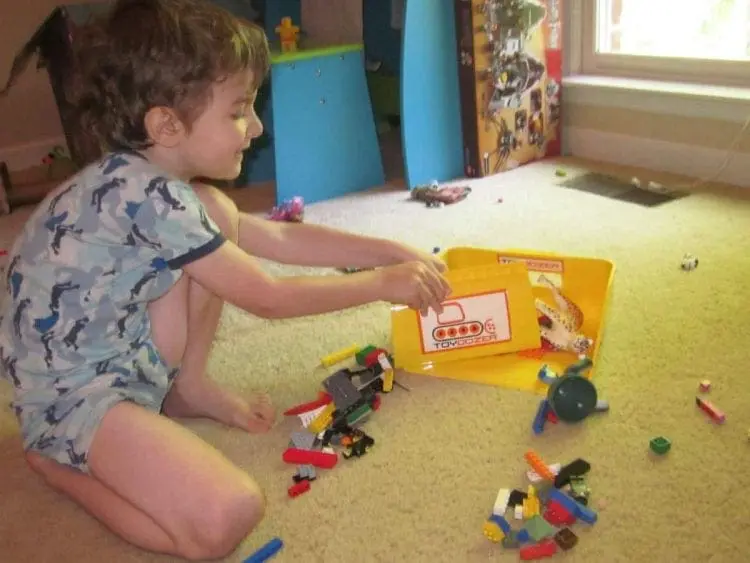
Responsibility Chart For Kids
For younger kids, you may which to make a simple weekly responsibility chart, where they can earn stickers for age appropriate responsibilities.
Examples include:
- picking up their toys
- washing their hands before meals
- doing homework
- making their bed
- putting their dishes in the dishwasher
- washing their clothing (or putting it in the hamper)
- walking the dog
- feeding the goldfish
- watering houseplants
- etc.
Kids naturally want to be responsible as they see it can mean new freedoms. Sometimes they are less eager as they find out it can mean more work or being held accountable. The main thing is to encourage them. Let them know that they won’t always be perfect but trying their best to be responsible is something you admire.
The Best Responsibility Quote
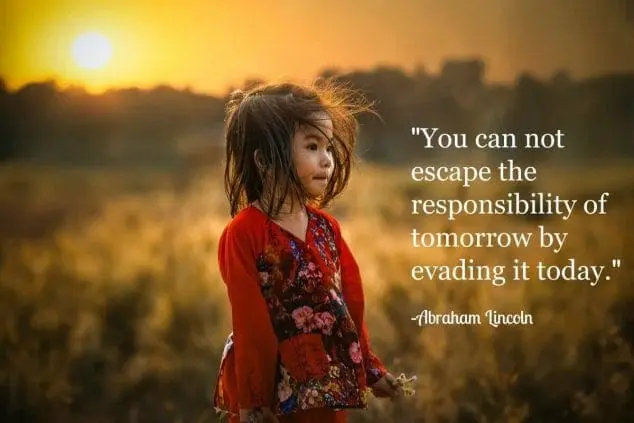
“You can not escape the responsibility of tomorrow by evading it today.” -Abraham Lincoln
Conclusion
Teaching kids to be responsible is an investment in their future, equipping them with the skills they need to make thoughtful choices, work well with others, and build self-confidence. By guiding them with clear expectations, encouragement, and support, we help them understand that their actions matter and that they have a role in the well-being of those around them. As kids learn to manage tasks, make amends, and keep promises, they grow into dependable, empathetic individuals. Ultimately, fostering responsibility prepares children not only for personal success but also for positive contributions to their communities.
Try to keep your child’s interests in mind when planning activities or rewards to teach kids responsibility. Make the tasks as fun as possible. Make the rewards something your child will strive for, and your child will do the rest. What are some of your tips and tricks to teach kids responsibility?
Related Posts:
The Importance Of Family Values

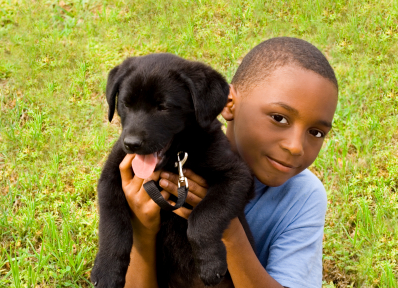
Dennis says
Kids really need to learn responsibility young. These are great methods for teaching responsibility. I like the bank account and caring for a pet. Every child wants to have something to care for. A pet is probably one of the best ways to teach responsibility.
Tisha | Biz Mommy says
This article is so timely for me Scarlet! We’re in the process of trying to figure out some odd jobs that my -year old can to to earn money. Up to now we’ve used a cute little coupon book to give my kids rewards. It has coupons for things like an extra movie nights or getting to have ice cream with a friend. My 6-year old still loves the coupons but my 9 year old just wants the cash! lol
Mike N says
I think having a dog for a kid is a good way to give them responsibility and a friend that at will live them unconditionally. I had several dogs growing up from feeding them to walking them was my job and thought me how to responsible.